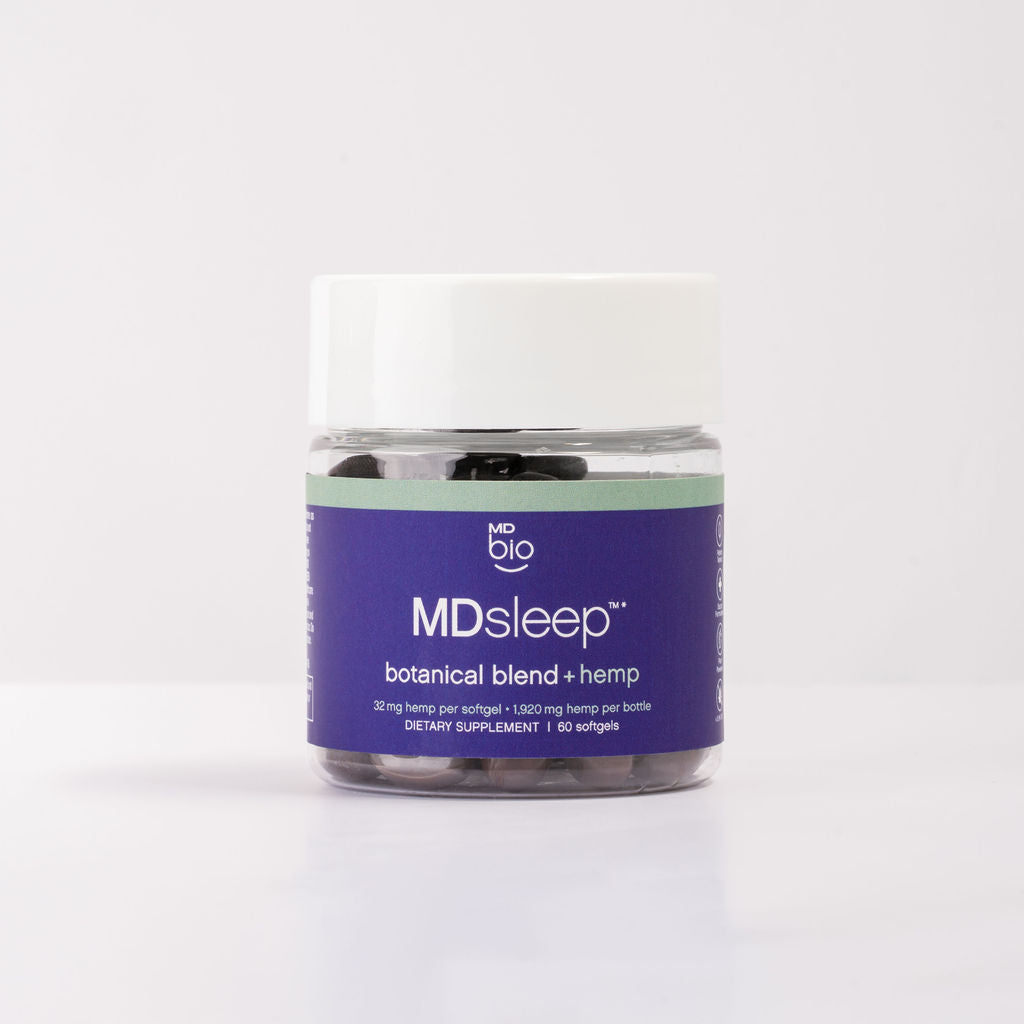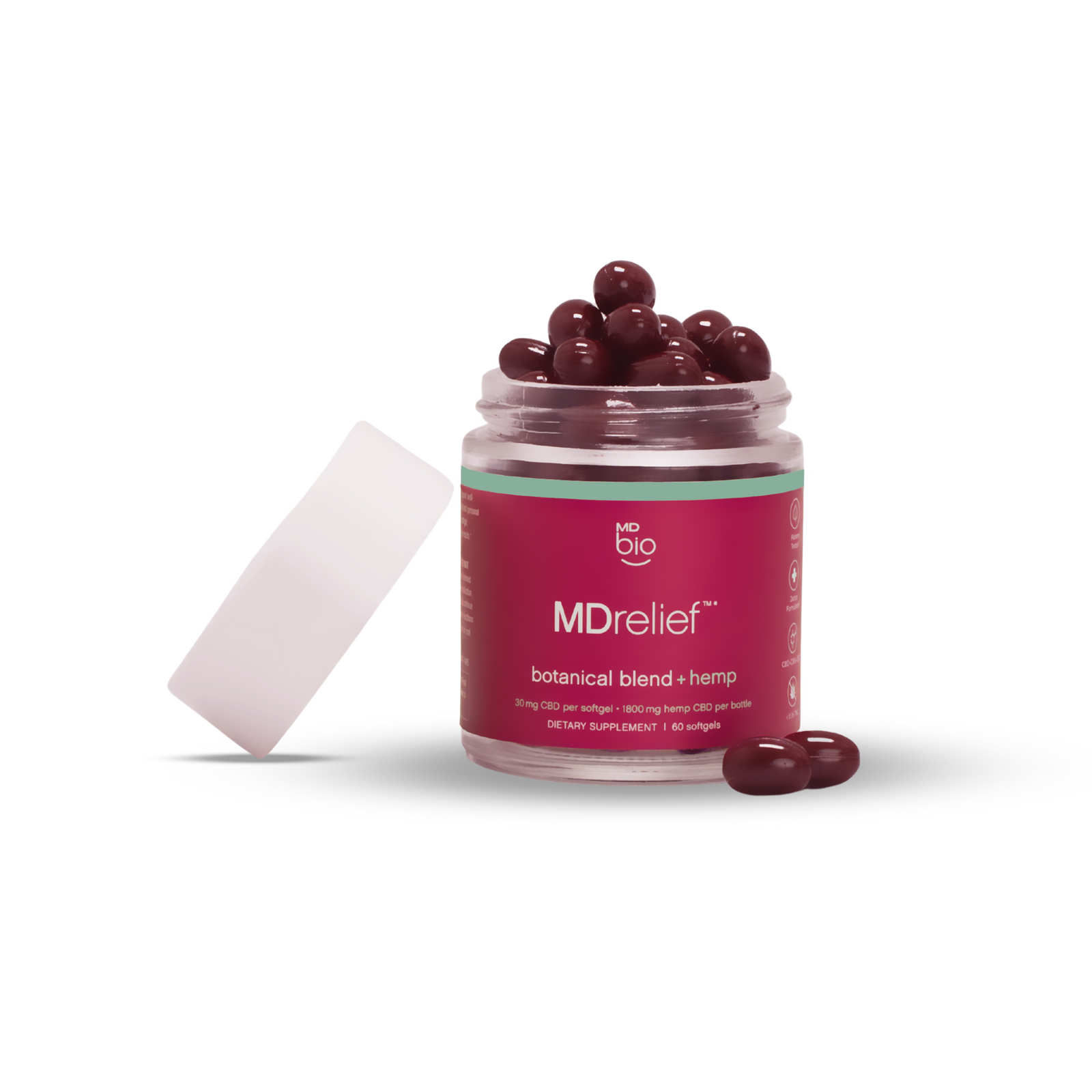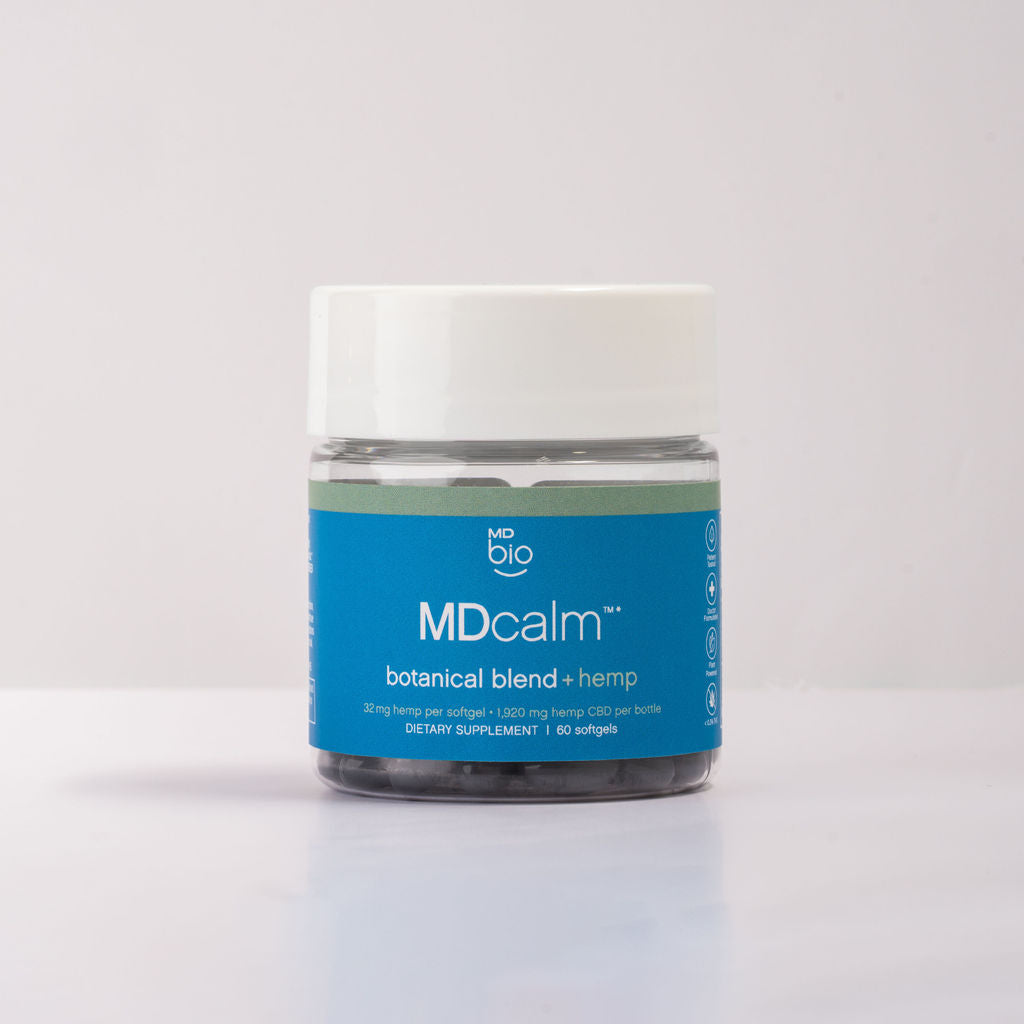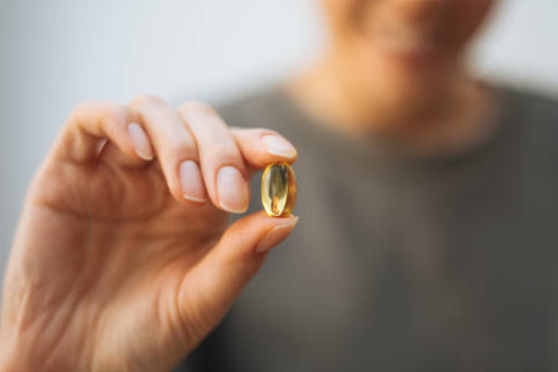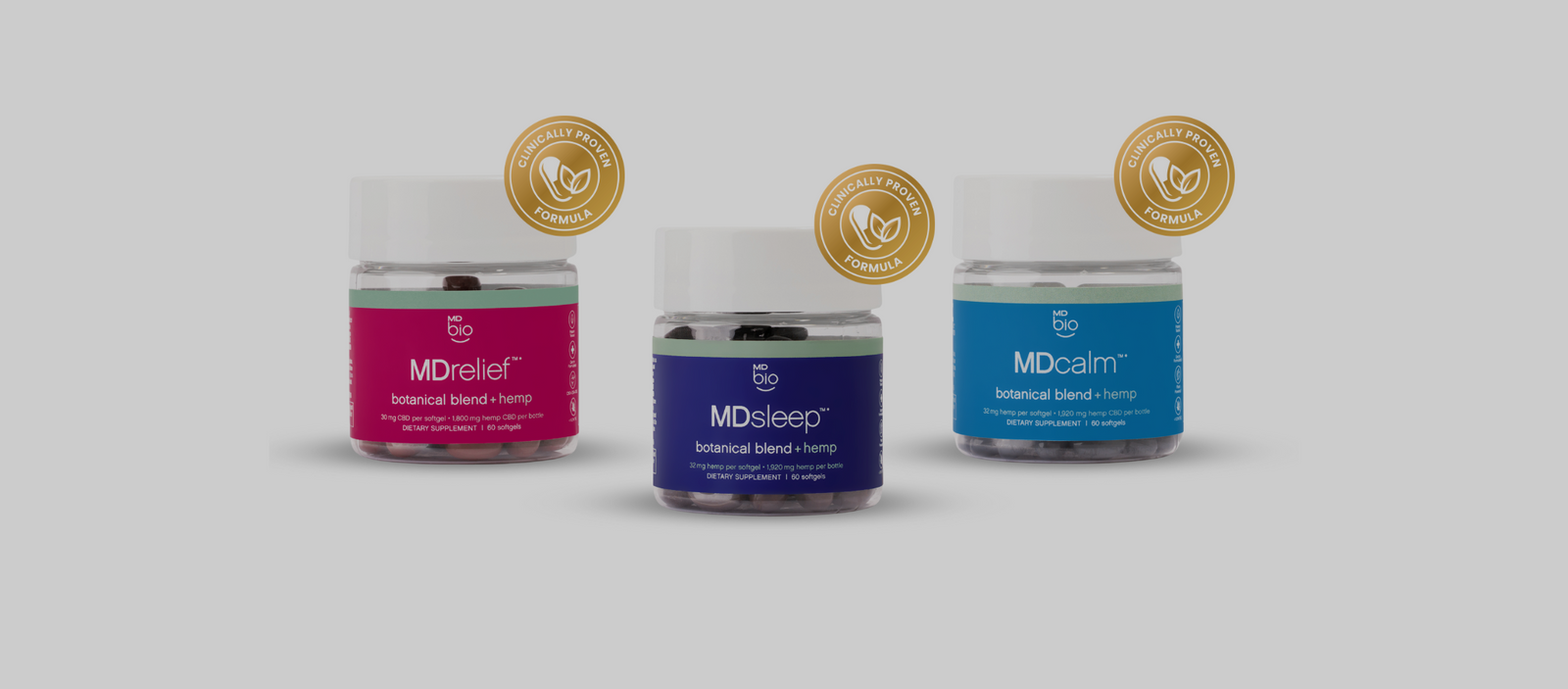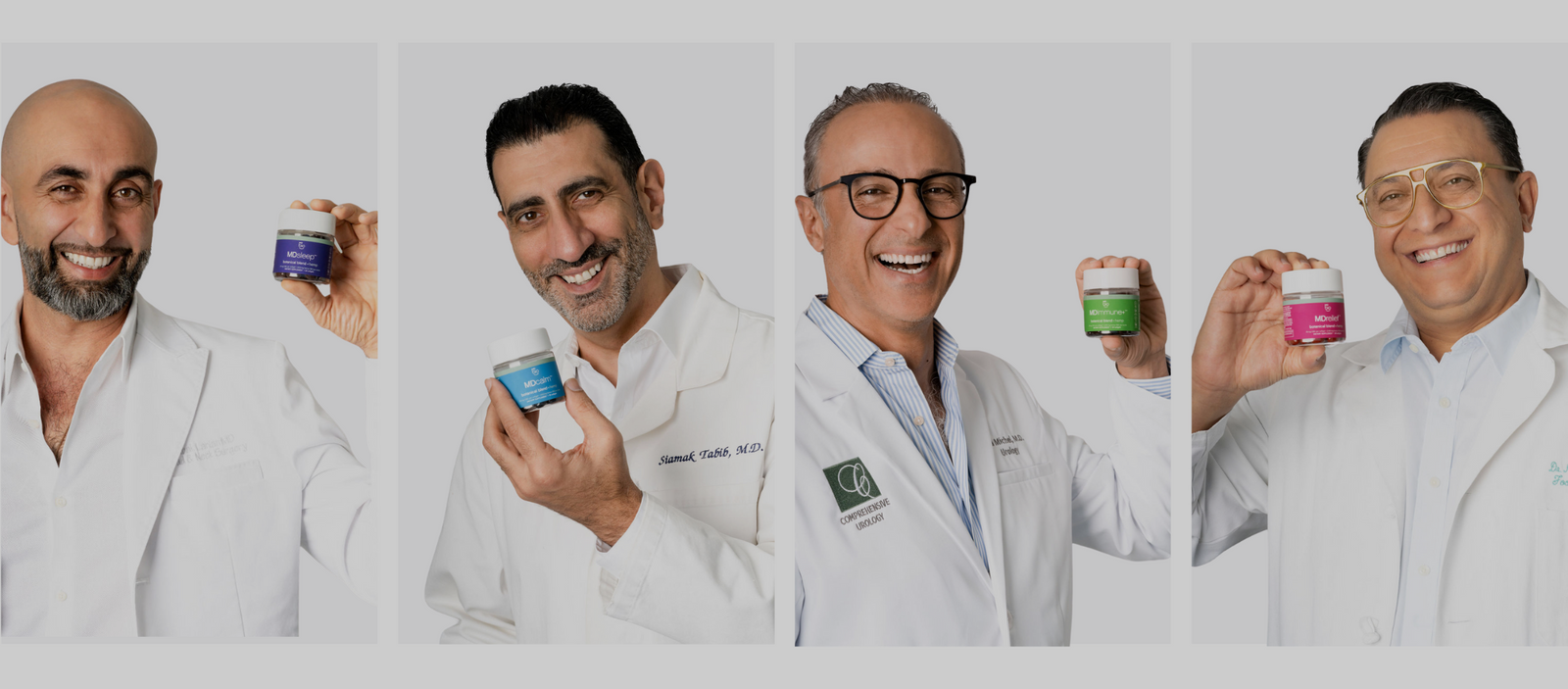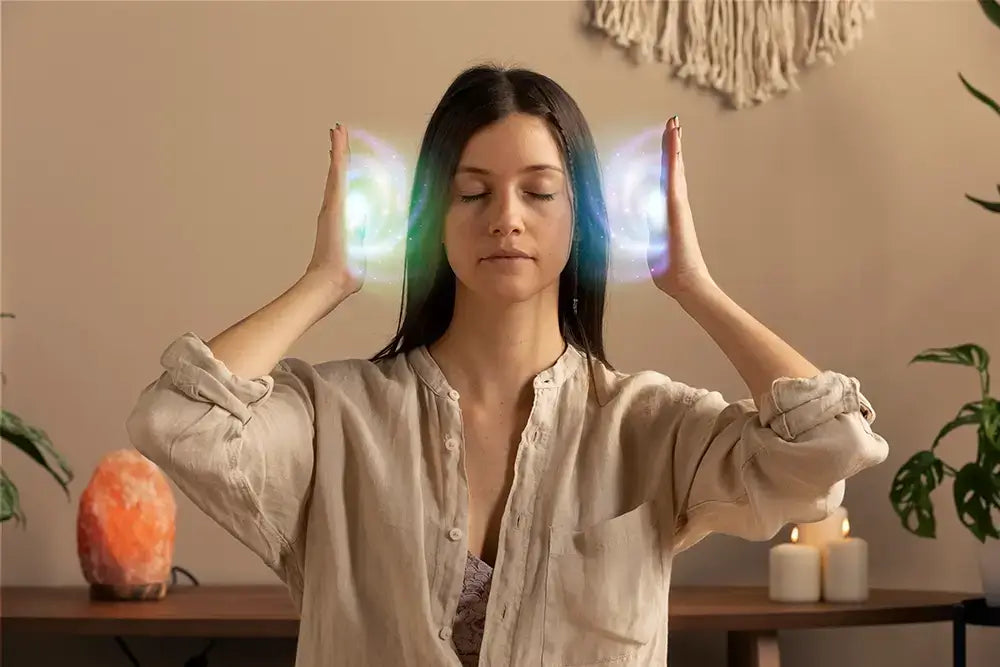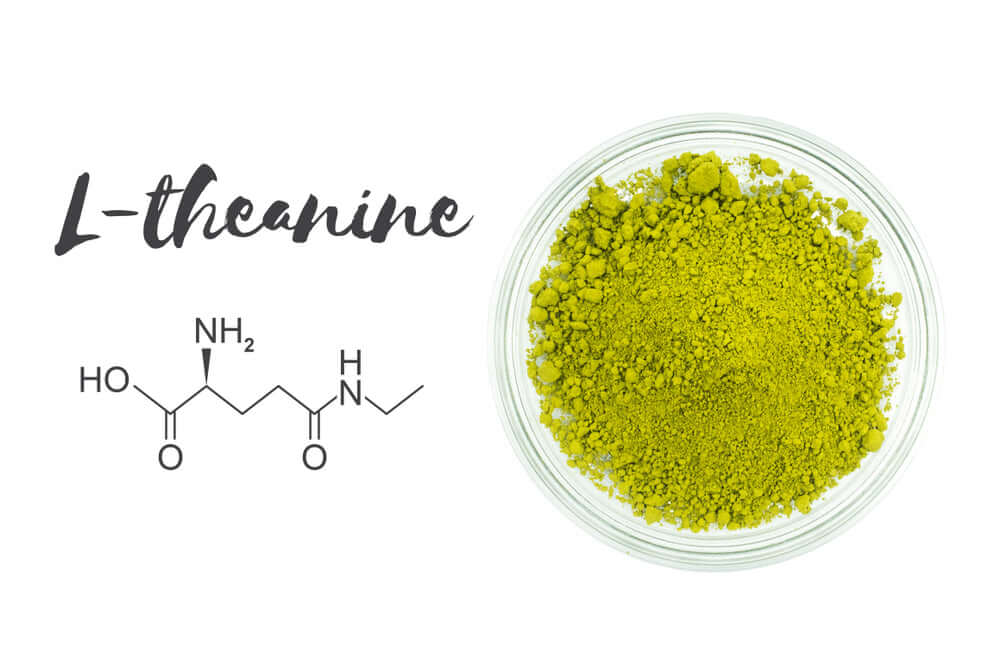
Understanding the GABA and L-Theanine synergy to help sleep latency, delve into the definitive GABA vs L Theanine debate for a comprehensive grasp on sleep-enhancing solutions.
"Exploring the GABA and L-Theanine synergy for improved sleep latency, decipher the definitive Theanine vs GABA dynamics for comprehensive insights into optimizing your sleep quality.
Discover the powerful GABA and L-Theanine synergy that aids in sleep latency, enhancing the definitive sleep quality for a rejuvenated and well-rested you.
Unlock the potential of GABA and L-Theanine synergy to improve sleep latency, promoting the definitive deep sleep necessary for optimal rest and rejuvenation.
Explore the profound GABA and L-Theanine synergy aiding sleep latency, bolstering the health of the definitive brain cells for improved cognitive function and overall well-being.
Dive into the effective GABA and L-Theanine synergy in reducing sleep latency, leveraging the benefits of the definitive naturally occurring amino acid for a balanced and restful sleep cycle.
Delve into the powerful GABA and L-Theanine synergy to aid sleep latency, optimizing the definitive sleep duration for a refreshed and revitalized start each day.
As natural remedies gain popularity around the globe, scientists have become more interested in examining the purported benefits of herbal medicine under laboratory conditions. Natural sleep aids have piqued particular interest, especially as our living and sleeping habits become increasingly erratic as a society.
A recent study by researchers in South Korea uncovered promising new data about GABA and L-theanine synergy for sleep. Scientists found evidence that sleep latency can be decreased by using a combination of GABA and L-theanine, two naturally-occurring acids, to activate neurotransmitters in the brain that control sleep.
Keep reading for a closer look at the results and implications of this study, including the benefits sufferers of insomnia might reap by taking advantage of GABA and L-theanine synergy for sleep.
What is Sleep Latency?
The term "sleep latency" refers to the amount of time it takes a person to fall asleep. While this period can vary for different people, the average sleep latency for a healthy adult is between ten and twenty minutes.
Sleep latency is often a helpful indicator as to whether or not you're getting a healthy amount of sleep. For instance, a very short latency period indicates you might be overly tired or stressed throughout the day or that you're suffering from sleep debt. On the other hand, taking much longer than twenty minutes to fall asleep every night suggests you are experiencing inefficient sleep.
Chronically poor sleep could be the result of insomnia, underlying health or mental conditions, or insufficient pain management. It could have to do with the position you're falling asleep. Your eating and drinking habits could also be to blame; for instance, drinking too much coffee throughout the day can drastically reduce the length of time you're able to stay asleep.
No matter what the cause, inefficient sleeping habits pose a direct risk to your health. If you don't get enough sleep or aren't sleeping deeply enough, you're less likely to have enough energy to carry out basic tasks during the day. You might feel fatigued, confused, disoriented, or moody, and your appetite might be affected as well.
What Are GABA and L-Theanine?
Gamma-aminobutyric acid, commonly abbreviated as GABA, functions as a neurotransmitter within our brains. When ingested, GABA slows down brain function by preventing certain messages from being sent to your brain and spinal column. This blocking of signals is what makes GABA bring about feelings of calm and restfulness in test subjects.
L-theanine is a relatively common amino acid, which is the molecule that forms the foundation for all proteins. A naturally occurring substance, L-theanine is present in many foods that natural medicine practitioners hold to have anti-anxiety properties.
On paper, these two acids—one that slows brain function and one that lessens anxiety—look like a match made in heaven when it comes to finding a natural remedy for insomnia. That's why researchers decided to take a closer look at GABA and L-theanine synergy for sleep in the study referenced above.
What's the Significance of GABA and L-Theanine Synergy for Sleep?
Over the course of thestudy, scientists observed that their test subjects demonstrated a significant decrease in the amount of time it took for them to fall asleep after ingesting a mixture of GABA and L-theanine. Sleep latency was reduced more dramatically when the subjects ingested a combination of GABA and L-theanine than when they ingested one acid or the other on their own.
In addition to falling asleep faster, the study group that received a GABA and L-theanine mixture slept significantly longer than any other group. In fact, the group given both GABA and L-theanine slept more than 80% longer than the control group, which didn't receive either one. This indicates that combining these two acids may help create an effective treatment for people unable to sleep through the night.
Finally, researchers uncovered something that may prove of particular interest to caffeine addicts. An experiment testing the effect of GABA and L-theanine synergy on caffeine-induced wakefulness found that GABA and L-theanine may be able to suppress the wakeful effects of caffeine. This is terrific news for anyone with a tendency to drink too much coffee too close to bedtime.
Though further research is needed to confirm these results, the evidence from this particular study suggests that GABA and L-theanine work together to strengthen each other's soporific power. Therefore, herbal remedies that seek to provide a healthy alternative to sleeping pills may be more effective if they use both GABA and L-theanine rather than just one or the other.
Here are some of the benefits these findings on GABA and L-theanine synergy for sleep might have for people who want to decrease their sleep latency or improve their sleeping habits.
1. New Treatments for Difficult Patients
Insomnia is the most common sleep-related ailment, affecting anywhere between 30% and 50% of the population. Of these troubled sleepers, 10-15% suffer from what is considered chronic insomnia, meaning their sleep is disrupted consistently.
There are numerous variables associated with falling asleep and getting enough rest; therefore, diagnosing and treating insomnia, especially with Insomnia Herbs, can be an arduous task. Many patients become frustrated if their first several attempts to correct their disordered sleep are unsuccessful.
Studies like the one on GABA and L-theanine provide a new ray of hope for these patients. While both compounds have been included in sleep aids before, this study shows that supplements that specifically use GABA and L-theanine synergy for sleep improvement could provide new levels of relief for patients who have tried other treatments without success.
2. Less Reliance on Habit-Forming Drugs
Since insomnia is such a widespread problem, many pharmaceutical companies have developed over-the-counter and prescription sleeping pills designed to calm patients and help them approach a restful state. Unfortunately,benzodiazepines and other prescription sleep aids can be severely habit-forming, especially in larger doses.
In light of the opioid crisis and other addiction epidemics plaguing the country, it makes sense to put more research into non-addictive alternatives to prescription and over-the-counter drugs. Natural remedies aren't always free from side effects, but they do have a much lower chance of causing dangerous dependencies than sedatives or psychoactive drugs like benzodiazepines.
As a society, moving away from our dependence on habit-forming drugs is a step in the right direction. More studies on GABA and L-theanine synergy for sleep may eventually help us find a brand new remedy that doesn't lead to addiction or withdrawal issues down the road.
3. More Options for Sleep Aids
For many people, swallowing pills is a chore. For others, it's almost worse than just dealing with whatever symptoms they're suffering. These folks are often left with few options when they need help falling asleep since many over-the-counter sleep aids come in capsule form.
One of the best things about natural remedies is that they can usually be mixed or blended into just about any shape or substance. In the case of GABA and L-theanine, capsules are just one of many options that might trigger the desired synergy for sleep. Further research may result in new beverages, salves, or nasal sprays being developed that can release these combined acids within the body to promote a sense of calm and restfulness.
4. Sustainable and Ethical Sleep Solutions
It's no secret that the pharmaceutical industry is a major producer of carbon dioxide. Sustainability has not been embraced by most producers of popular prescription and over-the-counter drugs. Animal testing, questionable ingredients, and predatory practices are additional reasons why many modern consumers may wish to spend their money elsewhere.
Not every company that produces herbal supplements does so using sustainable ingredients and ethical practices, but many do. It's also true that supplement makers tend to be more transparent about their practices than Big Pharma. Plus, many consumers feel comforted when they're able to look at a label and recognize every ingredient they see.
The results of this study may inspire more medical practitioners to encourage their insomniac patients to try herbal supplements for sleep. Greater interest in their products will allow ethical and sustainable manufacturers of natural remedies to expand their businesses and compete on a more serious level with major pharmaceutical companies.
Where are GABA and L-Theanine Found?
Both GABA and L-theanine are naturally occurring substances. They are present in many different plants and fungi, several of which are edible. GABA is found in fermented foods like kimchi, while L-theanine is a compound in certain mushrooms in the bolete family.
Since the study found that combining GABA and L-theanine into one mixture is more effective than ingesting either substance alone, here's a closer look at two ways you can consume both acids at once.
1. Green Tea
Made from the leaves of theCamellia sinensisplant ("tea tree"), green tea is one of the most popular beverages in the world. The drink originated in China, but nowadays it can be found in homes and cafes across the globe. Many people drink green tea as a way to relax or unwind at the end of a busy day, believing the drink helps bring peace to a turbulent mind.
Since green tea notably contains both GABA and L-theanine, science may now support this belief. Recent findings on GABA and L-theanine synergy for sleep may help explain whygreen tea promotes a restful, peaceful feeling in many people.
If you have trouble falling asleep or if you want to induce feelings of restfulness before bed, consider brewing a cup of green tea as part of your evening ritual. Green tea may also help relieve feelings of anxiety and soothe the mind when you're feeling stressed. It's worth noting that this delicious beverage also contains small amounts of caffeine, so people who are especially sensitive to caffeine may wish to limit their green tea consumption to the daytime hours.
2. Supplements
Herbal supplements have held a time-honored place in many traditional forms of medicine around the world as long as humans have existed. These natural remedies have entered a renaissance in modern times. Estimates suggest that as many as 80% of the global population relies on some form of herbal supplement as part of their primary healthcare.
There are supplements for almost everything you can think of, including anxiety relief, immune support, pain relief, and, of course,sleep. People who are allergic to common pharmaceutical ingredients or don't want to risk forming a dependency may find herbal supplements particularly helpful. Patients who want to support ethical and sustainable companies are also more likely to find what they're looking for in the natural remedy sector than in the pharmaceutical sphere.
Not all herbal supplements for sleep are created equal, of course. As this study supports, you're best off choosing one that contains both GABA and L-theanine. Talk to your doctor before making any major decisions about your healthcare routine, including taking supplements.
In Conclusion
As more and more people take an interest in natural remedies, science will need to expand its horizons in order to keep up. Studies like this one on GABA and L-theanine synergy for sleep provide a promising sign that researchers are finally starting to give more credence to the efficacy of herbal treatments.
Of course, green tea fans and those who take herbal supplements have known about the relationship between GABA and L-theanine for ages. Try enjoying a steaming cup of fresh green tea at night and see how long you can keep your eyes open! Even the potent wakeful power of caffeine has trouble standing up to the combined strength of these two soporific superstars.
Further research into GABA and L-theanine synergy for sleep may help us develop more potent supplements that strike just the right balance between the two acids. Although lifestyle changes are the most long-lasting solution to most sleeping issues, herbal supplements for sleep can bring newfound relief from insomnia to people who aren't able or willing to take pharmaceutical sleep aids.
There will be many more studies to come, but these initial findings show great promise for the efficacy of herbal supplements for sleep that contain a combination of GABA and L-theanine.




